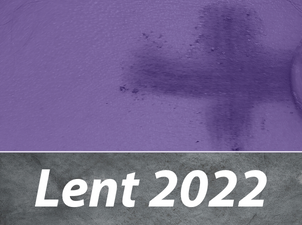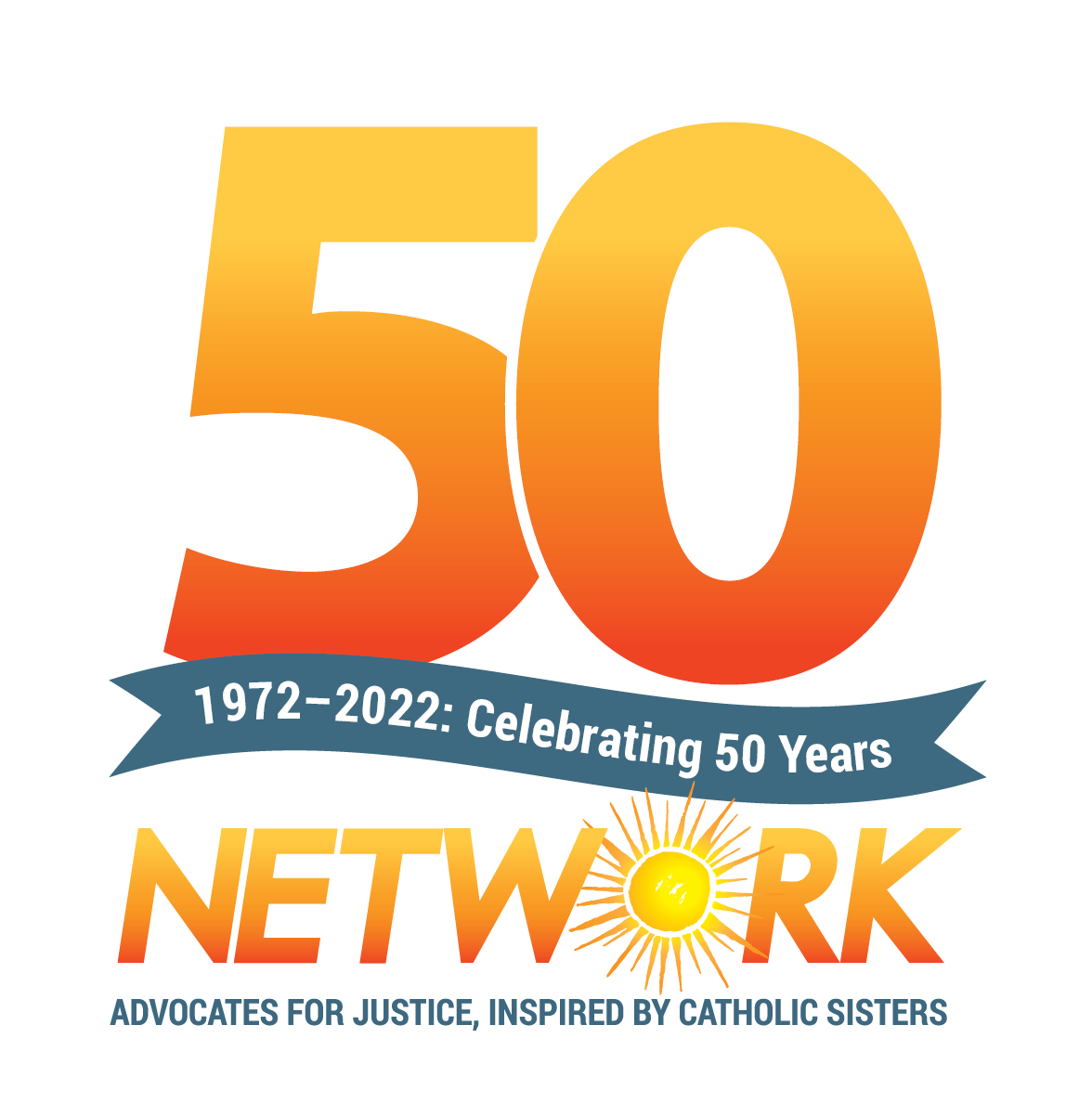
Lent 2022, Week 3: Lent Calls Us to See Injustice and Build Anew
Meg Olson
March 18, 2022
This week, we see how wealth and education intersect to impact economic outcomes for our families. Consider how tax codes and laws can cause real harm. We’ve compared current marginal tax rates to those of the 1960’s and have seen how the 1960’s tax schemes contributed to equitable economic prosperity. Today we tolerate a destabilizing stratification of wealth where the ultra-wealthy and wealthy are favored under the tax code. Why should those who earn exponentially more than the rest of us, like CEOS, be exempt from paying their fair share of taxes?
Questions for reflection:
- When is a time that I have benefitted from something I didn’t earn?
- When I encounter someone who is suffering some misfortune such as poverty, do I assume they somehow deserve it? Does my opinion change based on that person’s race?
- What am I prepared to do to ensure that structures in my world are more equitable?
Thank you to NETWORK Grassroots Mobilization team members Sr. Emily TeKolste, SP and Colin Martinez Longmore for leading us through these lessons. We’ll watch more together next week!
View earlier Lenten Reflections: Week 1 | Week 2 | Ash Wednesday
We know that you want to create change that makes life more just. But before we advocate for policies that dismantles systemic racism, we must free ourselves from harmful biases, like the idea that wealth correlates to deservingness. In this Sunday’s Gospel, Jesus underscores this point: “Those eighteen people who were killed when the tower of Siloam fell on them—do you think they were more guilty than everyone else who lived in Jerusalem? By no means!” (Luke 13:4-5). It’s a striking comment on our culture that people are tempted to expect bad things to happen, like drive-by shootings or failing schools, in rougher neighborhoods; and good things to happen, like new single-family homes and dog parks in good neighborhoods.
Federal, state, and local laws have negatively impacted economic progress for Black and Brown people. From post-WWI federal public housing policy, red-lining, and the tax code to the ‘War on Drugs’ and school funding, the dire gap in wealth disparity between white and Black families can be traced to government intervention. A 2015 study by the Federal Reserve Bank of Boston showed that the median net wealth of Boston’s white households is nearly $250,000, while that of Black households is $8. Let that sink in. All Black and Brown people aren’t prevented from wealth-building opportunities like buying a home, contributing to a child’s 529 college savings plan, and saving for retirement. But as the Boston data shows, far too many have been unable to overcome the obstacles of discriminatory lending, housing, and tax policy to live the liberative, dignified life that God wants for ALL OF US.
Now that we’re aware of government discrimination, we may balk at feeling responsible for it. But, we’ve seen it. The discrimination has been laid bare. We can’t unsee the injustice.
Before the COVID-19 pandemic, a market spawned for on demand, short term contracted work. This “gig economy” boomed during the COVID-19 shutdown as services like Lyft, Uber Eats and dog walking were in high demand. The people in these jobs may provide vital services, but they don’t enjoy wages, benefits and labor protections that traditional employers must provide. A significant portion of gig economy workers are Black, Brown, and immigrants. Their wages are unpredictable and stagnant and they are practically barred from the opportunity to build wealth.
St. Joseph’s feast day is tomorrow. Use his example to see the sacred character of all who seek to make a home for themselves and provide for their families. Consider how what we’ve seen together in the Tax Justice For All resource can help us Build Anew the economic and social structures that are just for all, especially those who struggle to overcome racist policies and laws.











These are good words to reflect upon and hopefully change our narrative and change our lives to promote equality for all!